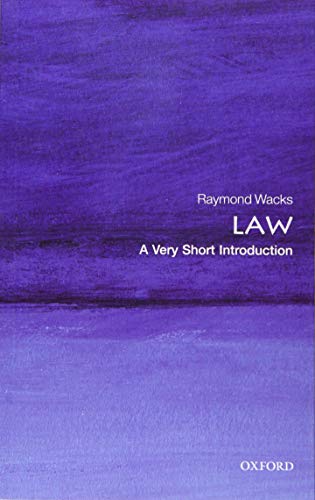
This is his most original and controversial contribution to personality theory. However, by far the most important difference between Jung and Freud is Jung’s notion of the collective (or transpersonal) unconscious.

It is the present and the future, which in his view was the key to both the analysis of neurosis and its treatment. Jung also believed that the personal unconscious was much nearer the surface than Freud suggested and Jungian therapy is less concerned with repressed childhood experiences.

The more elements attached to the complex, the greater its influence on the individual. A complex is a collection of thoughts, feelings, attitudes, and memories that focus on a single concept. Jung (1933) outlined an important feature of the personal unconscious called complexes. The personal unconscious contains temporality forgotten information and well as repressed memories. The first layer called the personal unconscious is essentially the same as Freud’s version of the unconscious. However, he proposed that the unconscious consists of two layers. Like Freud, Jung (1921, 1933) emphasized the importance of the unconscious in relation to personality. The ego is largely responsible for feelings of identity and continuity. The three main ones were the ego, the personal unconscious, and the collective unconscious.Īccording to Jung, the ego represents the conscious mind as it comprises the thoughts, memories, and emotions a person is aware of. Like Freud (and Erikson) Jung regarded the psyche as made up of a number of separate but interacting systems. It was also an individual’s motivational source for seeking pleasure and reducing conflict Theory of the Unconscious He believed the libido was not just sexual energy, but instead generalized psychic energy.įor Jung, the purpose of psychic energy was to motivate the individual in a number of important ways, including spiritually, intellectually, and creatively. Jung (1948) disagreed with Freud regarding the role of sexuality.


 0 kommentar(er)
0 kommentar(er)
